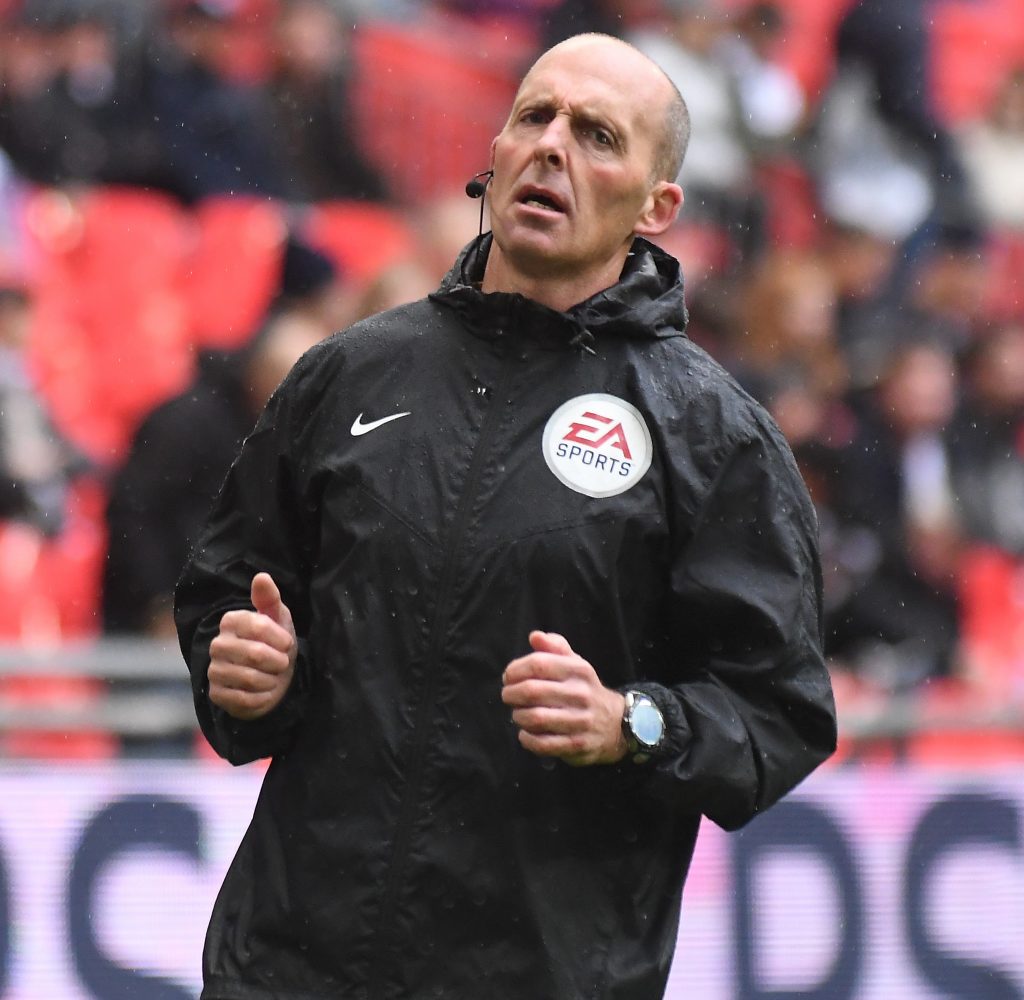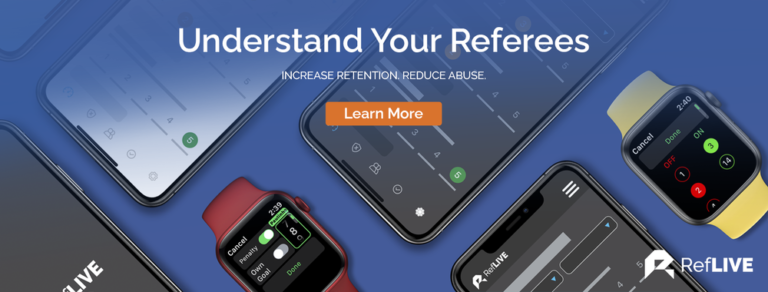Who am I?
The answer to this question is far from easy as we all have a number of roles that identify who we are as individuals. Whether you are a father, mother, doctor, hiker, or associate, the roles that you fulfill encompass the way you interact with the world and how you portray yourself to others.
Think for a second about how you tend to introduce yourself to people you’re meeting for the first time. Most people will begin with their name and follow it with what/whom they are associated. For example, you will frequently hear an official say something to the effect of “I am a referee.” Or “I am a Western League referee.” This tells others that they are proud of their identity as an official and want to be seen as one.
Pride in one’s identity as a referee is understandable and should be encouraged. Officials are, typically healthy, individuals who value teamwork and determination, traits that are valued in society. The danger, though, occurs when there is too much association given to someone’s officiating identity at the cost of the other roles they play. Over-identification causes the individual to see themself exclusively as a referee. The reason why this can be harmful to the official is because it can cause them to lose sense of the person that they are outside of the sport they officiate. They limit themselves to believing that their highest value in the world is solely as a referee.
Although the official may be very successful, having climbed the levels, within their sport, such over-identification may lead to severe emotional consequences. One consequence is losing enjoyment in other areas of life. Some referees become so caught up in preparations for their next appointment that they eliminate other priorities to keep their refereeing as their main focus. They end up neglecting things such as relationships, work, or hobbies where they’d spend time with their peers in order to enhance their performance as an official.
What referees often fail to consider is how long their active career will last. Many officials find that the dreams they once had of reaching the list of referees operating on professional leagues become unreachable due to one circumstance or another. Whether that is because of a career ending injury or an inability to perform consistently, the truth of the matter is that only 0.9% of all officials in England operate in the EFL & Premier League. For someone who has unknowingly been setting themselves up for a challenging goal such as this, it can be extremely difficult to rediscover who they are after their officiating career is over and retirement has set in. This is why it is important for referees to begin thinking about what they want to do after their active career is over, such as coach or observe young and aspiring referees, before they reach the end of it. Being able to develop values and relationships that are independent of the collective officiating values will help with self-growth and identification. So that in the event that they are unable to continue developing as an active official, they can still have peace of mind in knowing who they are and the things that remain important in their life.
Take a look at four additional guidelines that we could all stick to in order to maintain life balance around our refereeing careers.
- Outline your top five priorities. It is okay for refereeing to fall within that list, but ultimately it should encompass all areas of your life that are most valuable/important to you. It may consist of things such as: relationships, work, or hobbies.
- Disregard unnecessary activities.
“Achieving life balance means having equilibrium among all of the priorities of your life”. – Mackenzie
This means that the time spent on each of these priorities should be split accordingly. An example of this would be dropping an hour of your workout in order to spend quality time with a friend. This doesn’t mean that you have to drop your workout altogether, it just means that you take a little time to balance your priority groups.
- Ringfence private time. Make time in your day to meet your own personal wants and needs. After an overwhelming day of submitting to other people’s needs, this is crucial. It is important that you protect this time by getting rid of other distractions that draw away your attention.
- Make time for fun and relaxation. This one goes hand in hand with protecting your private time. Do something special for yourself such as planning a trip or activity that you’ve always wanted to do. You decide your own schedule, make it enjoyable for yourself!
As you continue to develop as a referee, I encourage you to be proud of who you are as an official, but also be proud of the person you are continually discovering away from the sport you officiate.
At The Third Team I work individually and in collaboration with different professionals where I have developed workshops and 1-2-1 sessions associated with Resilience and Mental Toughness Development to help referees. The workshops and 1-2-1 sessions are interactive, where referees are encouraged to open up and share their experiences to help themselves and each other.
Feel free to contact me if you’d like to know more about my workshops and how I could help you or your officials.
Best Wishes,

Nathan Sherratt
Referee Educator & Managing Director of The Third Team

Nathan Sherratt
Nathan Sherratt, Referee Educator, Resilience Trainer and Managing Director of The Third Team. A Mental Toughness Practitioner based in County Durham, North East England.


